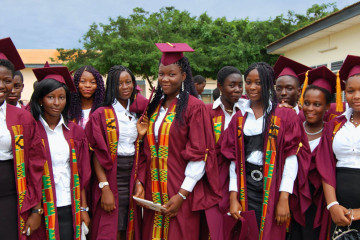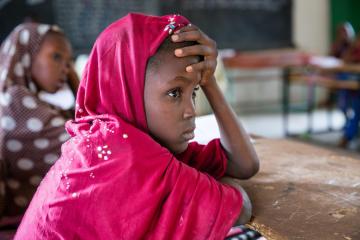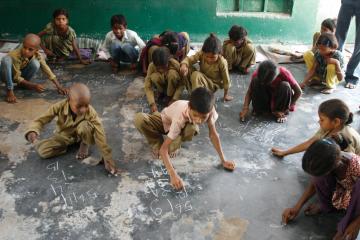J-PAL Africa’s Girls’ Education & Empowerment Portfolio
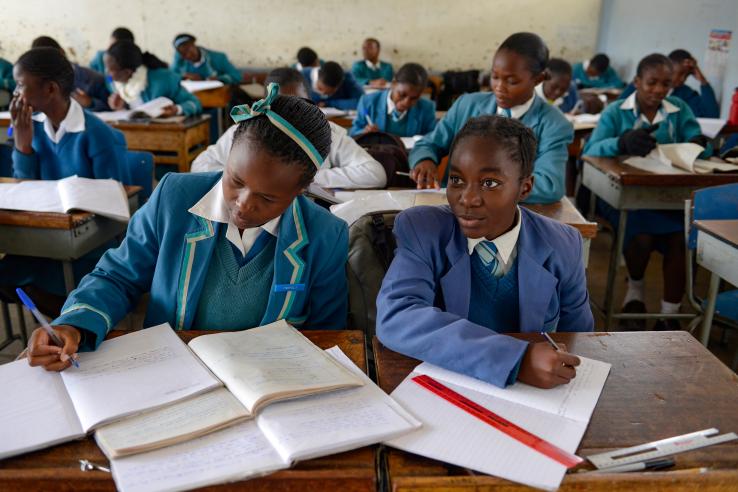
Our approach
We aim to partner with West African governments, international and non-governmental organizations, and think tanks to leverage rigorous evidence to improve the lives of adolescent girls in West Africa. We do so by:
- Ensuring that policy is informed by scientific evidence through the scale-up of effective interventions and by applying research insights to policy design.
- Fostering the generation of policy-relevant research by matching governments and implementing partners, with affiliated professors in the J-PAL network to evaluate scalable innovations to address gender-specific barriers to education.
- Widely disseminating relevant evidence and building capacity for evidence use among key decision-makers in the girls’ education and empowerment space in West Africa.
Scientific Advisor
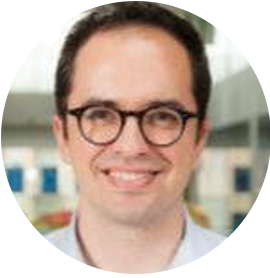 |
Selim Gulesci is the Scientific Advisor for our Girls’ Education and Empowerment Portfolio. He is a Professor of Economics at Trinity College Dublin and his research spans a variety of topics from violence to economic empowerment, and many countries across sub-Saharan Africa from Burkina Faso to Uganda. We are delighted to have the opportunity to draw on his expert scientific insights and thought leadership, in close partnership with J-PAL Africa’s Scientific Directors and Global Sector Chairs. |
Where we work
We have ongoing projects and are exploring new opportunities in the following priority countries:
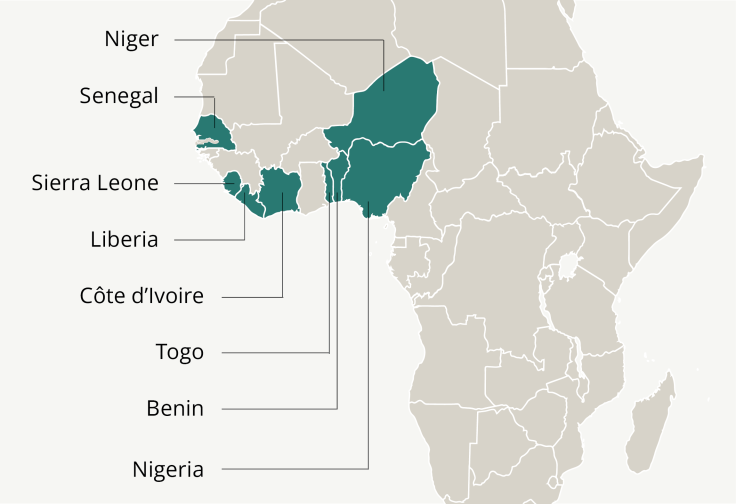
We hope to expand our footprint beyond West Africa soon and are open to partnerships in East and North Africa.
Spotlight project: AGILE project in Nigeria
As part of the Adolescent Girls’ Initiative for Learning and Empowerment (AGILE) in Nigeria, we support seven state governments across Nigeria to design and evaluate an evidence-informed life skills intervention Our approach centers around codifying the evidence on the impact of life skills programmes and what makes them effective, paired with local data collection to design a globally-informed-locally grounded programme. We facilitated design through workshops wherein we worked with partners to develop a solid theory of change for the life skills programme and identify relevant curriculum content using an evidence-informed process. We are also lending assistance in assessing the quality of implementation and the impact of the programme through both process monitoring support and a randomized evaluation, the latter designed and delivered by the Gender Innovation Lab. We work closely with federal and state project implementation units, the World Bank and Implementing Partners, as well as the Gender Innovation Lab.

Portfolio team
- Primrose Adjepong, Senior Policy Associate
- Jessica Nicklin, GE&E Policy Intern
- Onyinye Oguntoye, Senior Policy and Communications Associate
- Olukolade Shobo, Policy and Research Manager
- Aimee Hare, Policy Manager
